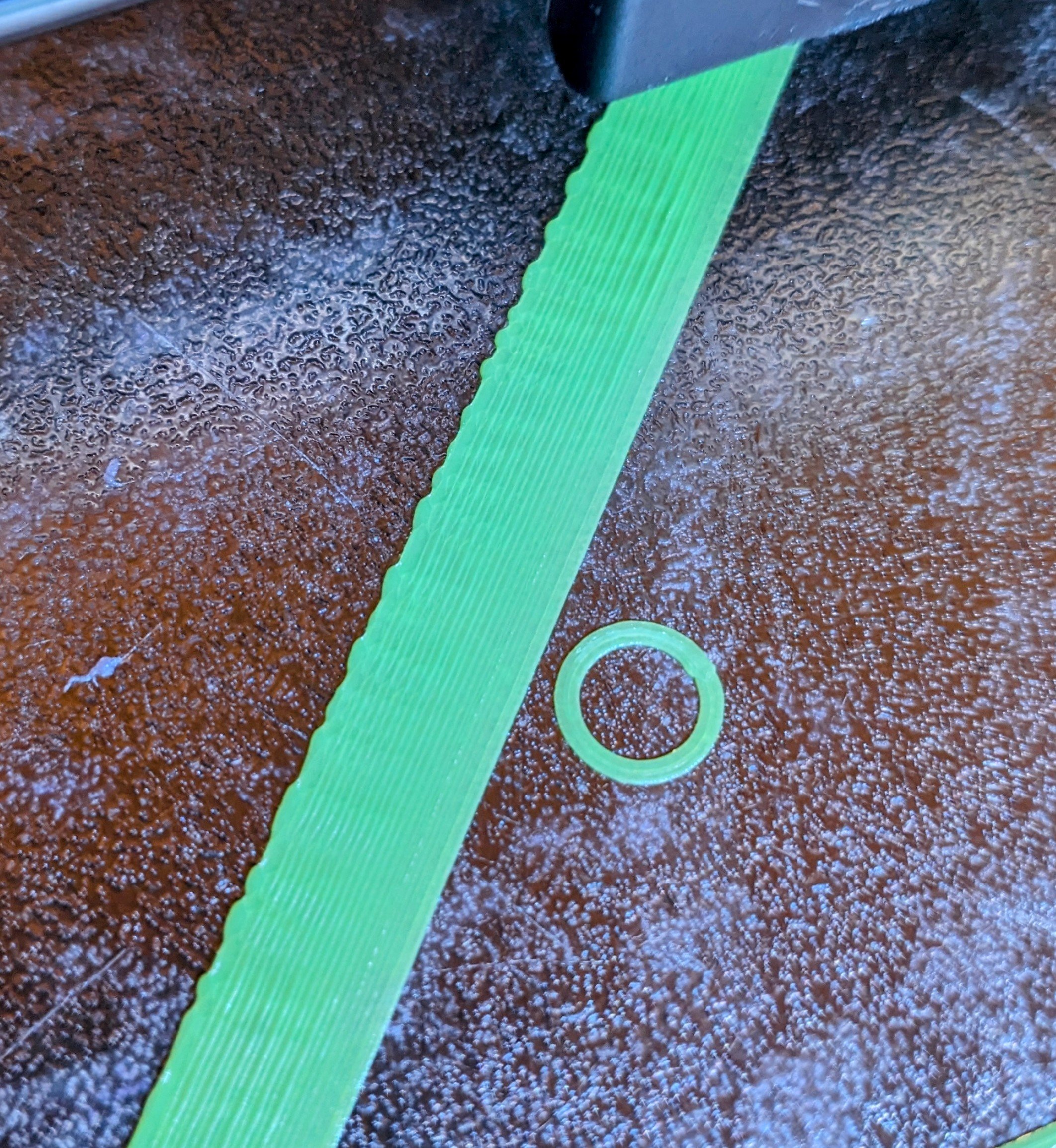view the rest of the comments
3DPrinting
3DPrinting is a place where makers of all skill levels and walks of life can learn about and discuss 3D printing and development of 3D printed parts and devices.
The r/functionalprint community is now located at: !functionalprint@kbin.social or !functionalprint@fedia.io
There are CAD communities available at: !cad@lemmy.world or !freecad@lemmy.ml
Rules
-
No bigotry - including racism, sexism, ableism, homophobia, transphobia, or xenophobia. Code of Conduct.
-
Be respectful, especially when disagreeing. Everyone should feel welcome here.
-
No porn (NSFW prints are acceptable but must be marked NSFW)
-
No Ads / Spamming / Guerrilla Marketing
-
Do not create links to reddit
-
If you see an issue please flag it
-
No guns
-
No injury gore posts
If you need an easy way to host pictures, https://catbox.moe may be an option. Be ethical about what you post and donate if you are able or use this a lot. It is just an individual hosting content, not a company. The image embedding syntax for Lemmy is 
Moderation policy: Light, mostly invisible

In the case that is an uneven bed, where the middle is slightly high/convex, how do people fix that? I've calibrated it twice, but I think it's still too close in the middle while the standard calibration locations (front center, back left, back right) are perfect
Glass bed mods (glass is always dead flat) or careful adjustments of screws and tramming of the bed, depending on your printer design. Or find a way to sample more points when leveling the bed to compensate for the unevenness. (I have a Snapmaker 2, which shipped with a firmware bug relating to levelling that wasn't found for quite a long time. Those were the most common fixes and mitigations.)
Glass is not always flat speaking as someone who just swapped their stock glass bed due to warpage (>0.4mm). My new aluminum bed is now within 0.01mm from side to side.